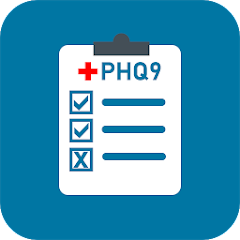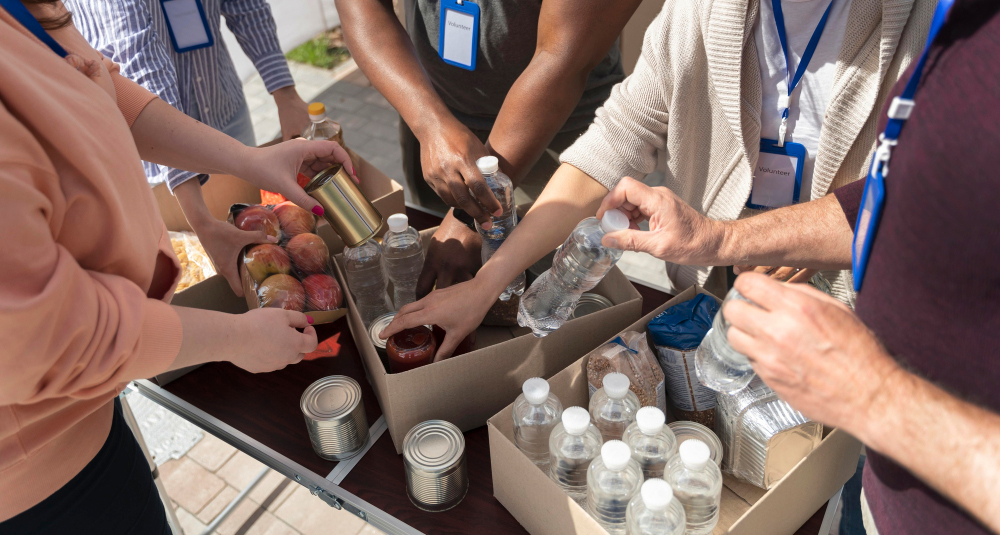About Clifford Beers
May is Mental Health Awareness month. Once upon a time that meant something. May is now arthritis, walking, women’s health care month, better sleep month, Asian Pacific Islander, amyotrophic lateral sclerosis, and brain tumor awareness month. Those are all important issues to recognize. But mental health awareness month was started in 1949 by Clifford Beers of Mental Health America. MHA is the country’s oldest mental health advocacy organization. Clifford Beers (March 30, 1876 – July 9, 1943) was the founder of the American mental hygiene movement. (Wikipedia.com) He was a peer. He was the original peer supporter and advocate in the recovery movement. Clifford Beers was a ground breaker. Laying the foundation for organizations like Montana’s Peer Network.





